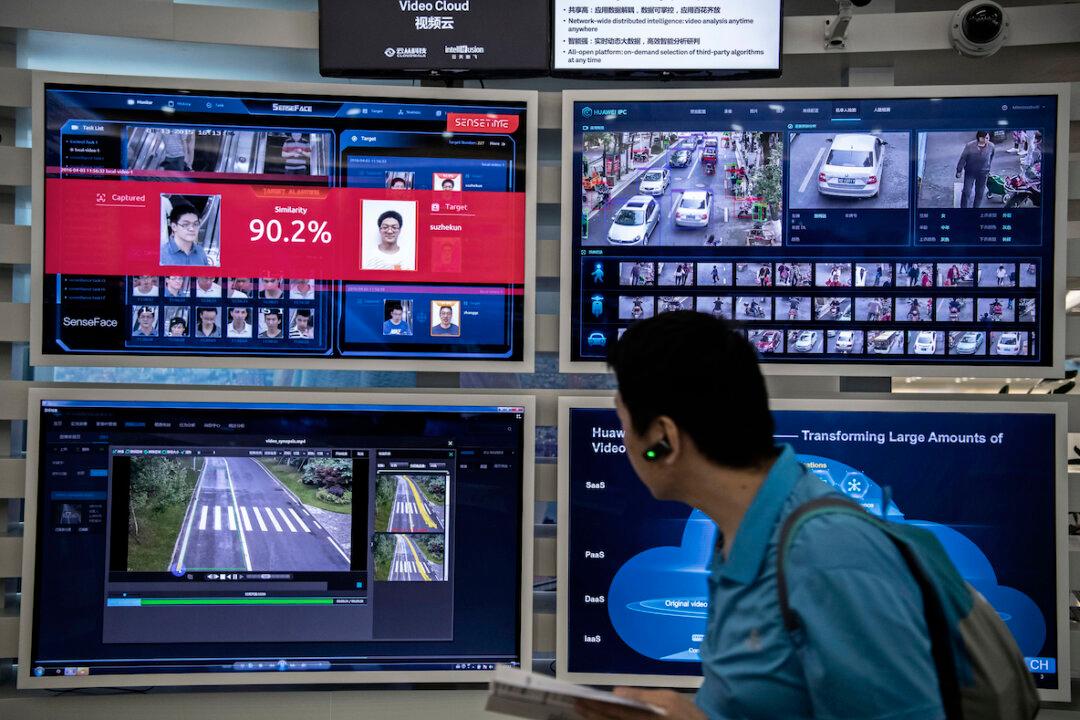U.S. political leadership must work with the private sector to decouple critical technology development from mainland China, according to one expert.
“One of the key vulnerabilities that we’re becoming more and more aware of is the degree to which Wall Street firms and American banks and investment companies continue to see China as this great market or this great investment opportunity,” Arthur Herman, a senior fellow at the Hudson Institute, a Washington-based think tank, told EpochTV’s “Forbidden News.”





